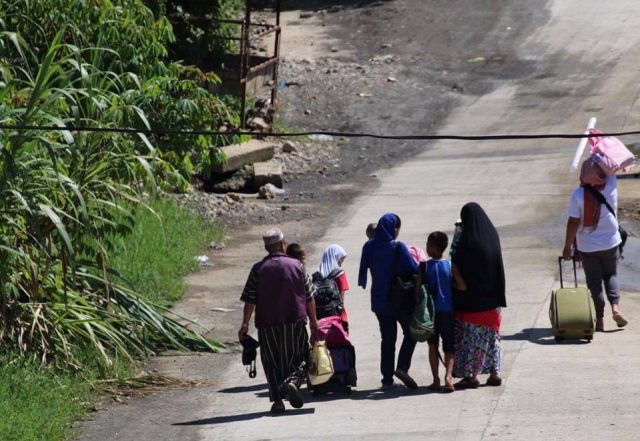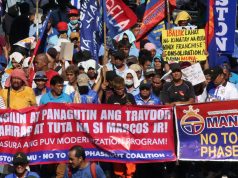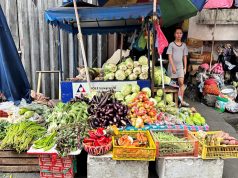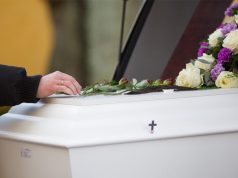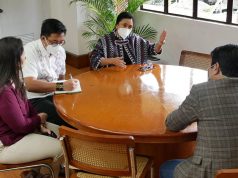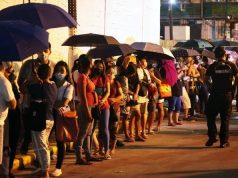As the operation to assist internally displaced persons (IDPs) from Marawi City continues, the Department of Social Welfare and Development (DSWD) opened a grievance redress system for affected families who were not able to meet the deadline for the Disaster Assistance Family Access Card (DAFAC) registration last July 5.
DAFAC is the system used to validate the status of the affected families and serves as a reference for the provision of additional and appropriate interventions especially for those displaced by the armed conflict in Marawi. It records the names of family members and the assistance that they have already acquired from the DSWD and other humanitarian agencies.
Due to the frequent change of location of IDPs, the Disaster Response Cluster led by DSWD, decided to stop the registration in order to check possible cases of double entries and to sanitize the master list of IDPs which will be used as a basis for those who will receive further interventions.
DSWD Undersecretary for Operations and Programs Group–Protective Programs Hope V. Hervilla also explained that restricting the submission of entries will give room for more IDPs to receive services.
Furthermore, DSWD-Disaster Response Assistance and Management Bureau (DReAMB) Director Felino O. Castro V said that despite the end of registration for DAFAC, the new grievance redress system can be used to address those who have yet to be registered.
He stressed the importance of a clean master list of all IDPs so that more will benefit from other services especially when the Early Recovery and Rehabilitation phase of Disaster Response commences.
Meanwhile, volunteers are now encoding DAFAC entries to provide more accurate data on the number of affected families and interventions provided.
Affected families who are not yet registered in DAFAC can approach DSWD and local government social workers in their areas to avail of the grievance redress system.
Moreover, the Department is also encouraging affected citizens to avail of other DSWD services such as the Assistance to Individuals in Crisis Situation (AICS) which provides burial, transportation, education, and medical assistance.
DSWD Secretary Judy M. Taguiwalo said the Department is further strengthening its mechanisms to improve the delivery of resources and services to IDPs affected by the prolonged armed crisis.
She also encouraged local and national government agencies, volunteers, non-government organizations (NGOs), and international humanitarian groups to continue to improve their coordination to assist more affected communities.
“Bagama’t tuloy-tuloy ang pagpapadala ng tulong sa mga kababayan natin sa Marawi, marami pa rin po ang kailangan nating maabot na home-based IDPs na nasa iba’t-ibang barangay kaya po kami ay nanawagan ng pagkakaisa at nang maayos na koordinasyon sa lahat ng mga ahensya at organisasyon na tumutulong sa mga naapektuhan ng armadong tunggalian (Despite the continuing delivery of assistance to our kababayans in Marawi, many home-based IDPs scattered in different barangays still need to be reached. This is the reason why we call for unity and improved coordination among all agencies and organizations assisting those affected by the armed conflict),” she said.
“Para sa kapakanan ng mga kababayan nating IDPs mula sa Marawi, higit pa natin palakasin ang ating pagkakaisa, maging higit na pursigido, mabilis, at mabisa sa pagtupad ng tungkulin para mas marami ang maabot ng ating tulong para sa kanila (For the benefit of our kababayans in Marawi, let us continue to be united, persistent, prompt and effective to reach more people in need of assistance),” she added.

